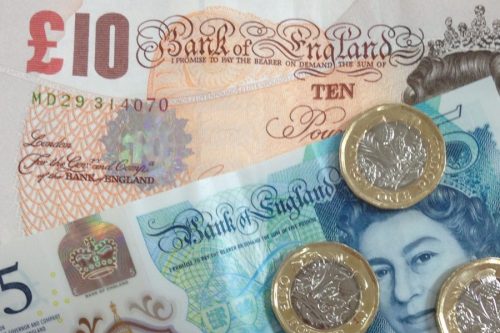Boss of Bank of England warns of further interest rate rises

The Bank of England has raised interest rates for the 11th time to hit a near 15-year high.
And the Bank of England has warned their could be more to come if inflation continues to rise.
The bank’s boss Andrew Bailey warned firms that raising prices risks allowing high inflation to persist and will ultimately hurt the “least well off”.
“If all prices try to beat inflation we will get higher inflation,” Mr Bailey said.
He warned interest rates would rise again if prices continued to increase.
The Monetary Policy Committee (MPC) voted 7-2 to increase rates by 0.25 percentage points to 4.25 per cent. The two dissenting members wanted to keep the rate unchanged.
The MPC says whilst there have been “large and volatile moves in global financial markets in particular since the failure of Silicon Valley Bank and in the run-up to UBS’s purchase of Credit Suisse” which could have broader impacts, it has been briefed by the Financial Policy Committee (FPC) who say the “UK banking system remains resilient”.
The FPC judges that the UK banking system “maintains robust capital and strong liquidity positions”, and is well placed to continue supporting the economy, including in a period of higher interest rates.
As bank wholesale funding costs have risen, the MPC promises to monitor closely any effects on the credit conditions faced by households and businesses, and the impact on the macroeconomic and inflation outlook.
UK rates are now at its highest since October 2008 during the financial crisis. The announcement comes after the US central bank raised interest rates on Wednesday by 0.25 per cent to 5 per cent, despite the turmoil US banks have faced in recent weeks.
The MPC expects global growth to be stronger than predicted in February’s report, with wholesale gas and oil prices falling materially.
Deloitte chief economist, Ian Stewart, said: “The Bank of England has stayed in step with the European Central Bank and the Federal Reserve with today’s interest rate rise. A stronger economic backdrop, the easing of fiscal policy in the Budget and still high inflation have trumped potential concerns about the banking system as a driver of monetary policy. Yet the turbulence in the financial markets has increased the uncertainty facing the UK.
“All eyes are now on the extent to which recent events in the banking sector translate into tighter credit conditions and whether they weigh on growth.”









